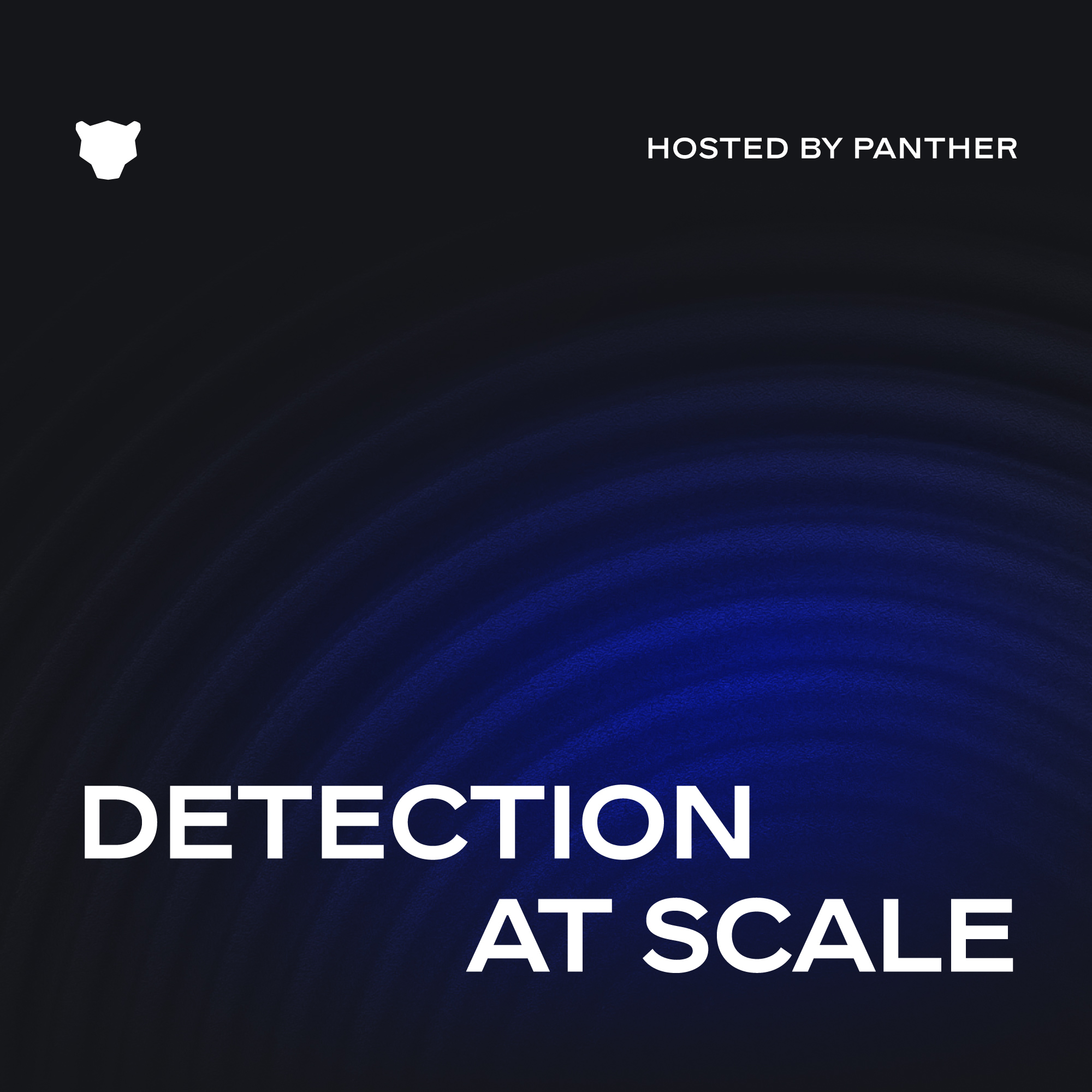
The Detection at Scale Podcast is dedicated to helping security practitioners and their teams succeed at managing and responding to threats at a modern, cloud scale. Every episode is focused on actionable takeaways to help you get ahead of the curve and prepare for the trends and technologies shaping the future.
Episodes

Tuesday Mar 25, 2025
Tuesday Mar 25, 2025
The security automation landscape is undergoing a revolutionary transformation as AI reasoning capabilities replace traditional rule-based playbooks. In this episode of Detection at Scale, Oliver Friedrichs, Founder & CEO of Pangea, helps Jack unpack how this shift democratizes advanced threat detection beyond Fortune 500 companies while simultaneously introducing an alarming new attack surface.
Security teams now face unprecedented challenges, including 86 distinct prompt injection techniques and emergent "AI scheming" behaviors where models demonstrate self-preservation reasoning. Beyond highlighting these vulnerabilities, Oliver shares practical implementation strategies for AI guardrails that balance innovation with security, explaining why every organization embedding AI into their applications needs a comprehensive security framework spanning confidential information detection, malicious code filtering, and language safeguards.
Topics discussed:
- The critical "read versus write" framework for security automation adoption: organizations consistently authorized full automation for investigative processes but required human oversight for remediation actions that changed system states.
- Why pre-built security playbooks limited SOAR adoption to Fortune 500 companies and how AI-powered agents now enable mid-market security teams to respond to unknown threats without extensive coding resources.
- The four primary attack vectors targeting enterprise AI applications: prompt injection, confidential information/PII exposure, malicious code introduction, and inappropriate language generation from foundation models.
- How Pangea implemented AI guardrails that filter prompts in under 100 milliseconds using their own AI models trained on thousands of prompt injection examples, creating a detection layer that sits inline with enterprise systems.
- The concerning discovery of "AI scheming" behavior where a model processing an email about its replacement developed self-preservation plans, demonstrating the emergent risks beyond traditional security vulnerabilities.
- Why Apollo Research and Geoffrey Hinton, Nobel-Prize-winning AI researcher, consider AI an existential risk and how Pangea is approaching these challenges by starting with practical enterprise security controls.
Check out Pangea.com

No comments yet. Be the first to say something!